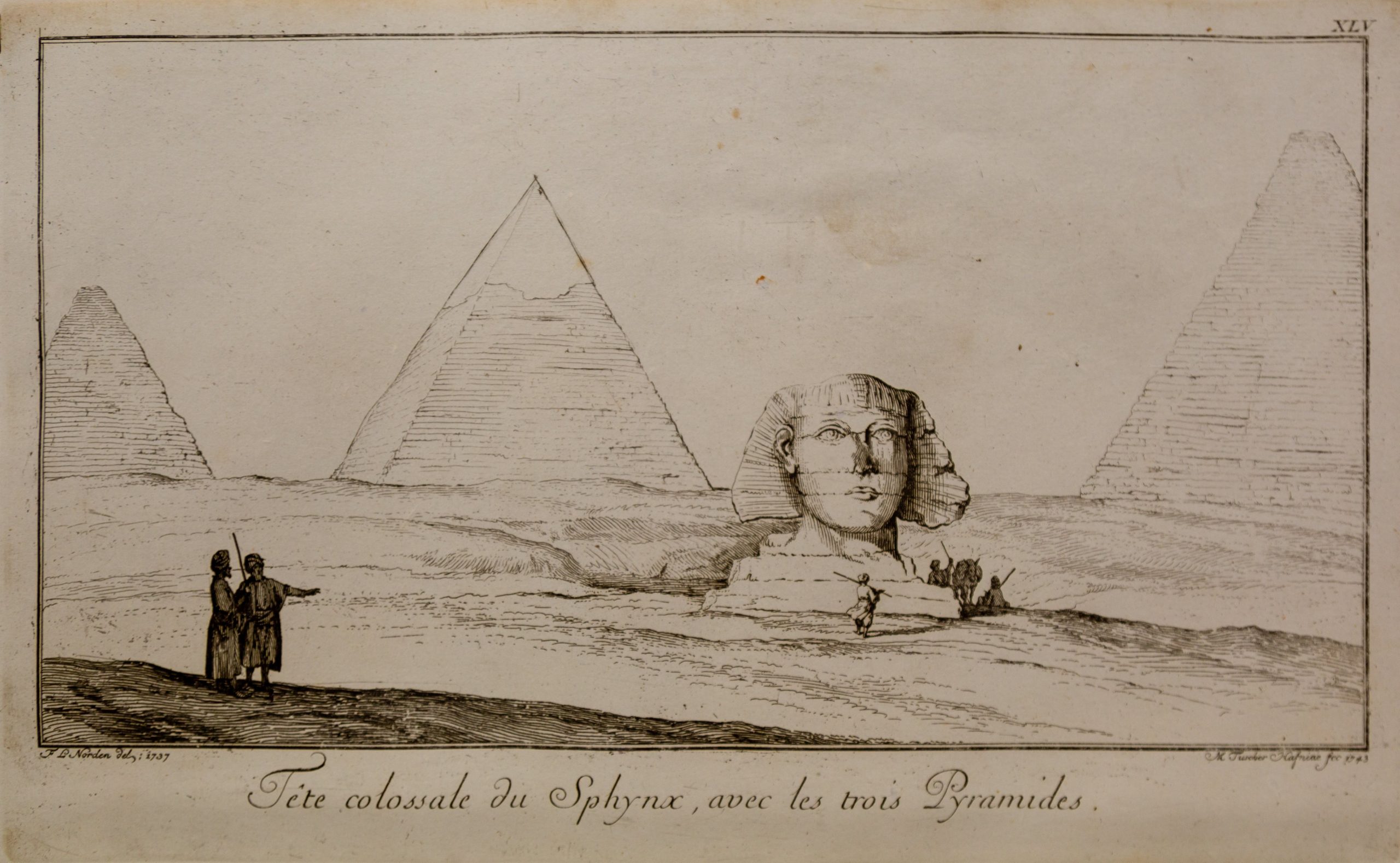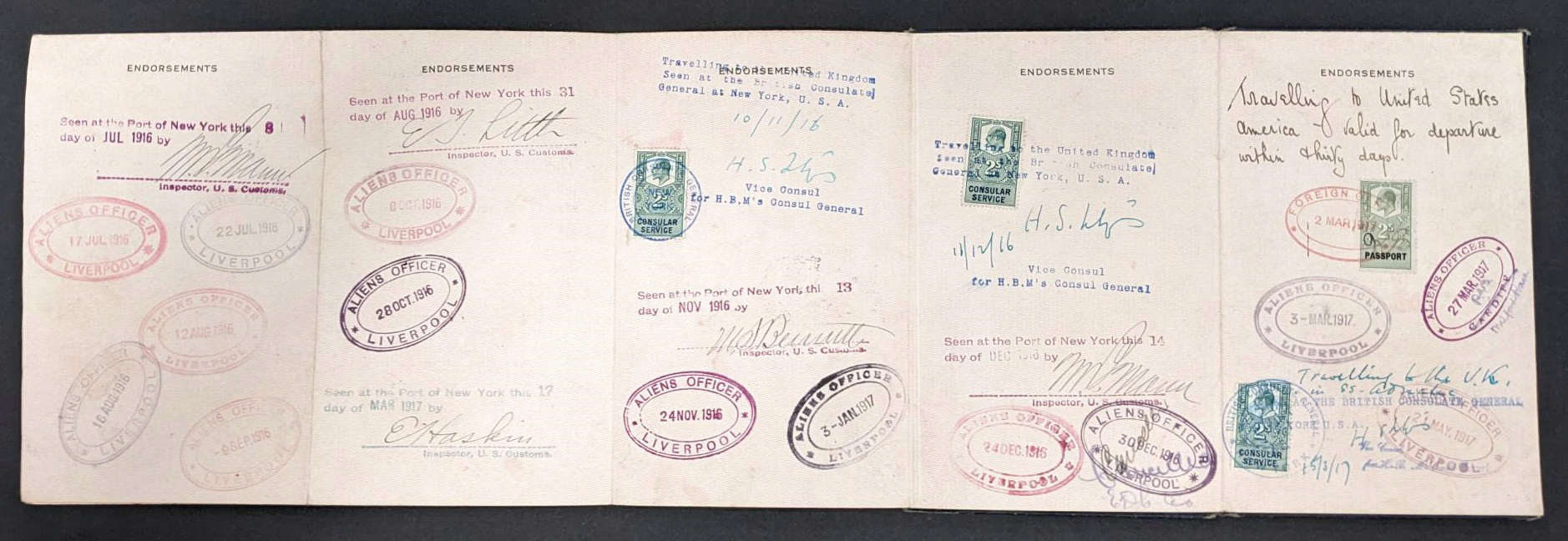A few months ago, through a series of coincidences, staff at Suffolk Archives discovered something remarkable.
Amongst the records we hold for the Suffolk Regiment is a bundle of 41 long-lost letters. The letters were written during the retreat to Dunkirk, and for those who did not make it home they may well be their last messages.

These letters, however, never reached the loved ones they were written to. They went astray in France and were discovered in an abandoned post van by a German officer. They spent the next three decades in the officer’s loft, before he handed them in at the British Embassy in Bonn in 1969.
From there they were sent to the Suffolk Regiment, who tried to deliver them to the people they had been intended for 29 years earlier. Alas, most people could not be found at the addresses on the original envelopes, and 41 of the letters were returned to the Suffolk Regiment, and are now safely kept at our Bury St Edmunds office.

When the letters were re-posted in 1969 they included this cover letter which gave some explanation about what had happened to them (Suffolk Archives/Suffolk Regiment Museum)
The letters are full of personality. Many try to be reassuring, some more successfully than others. Many are full of longing for home, and the countryside that would be so beautiful in the May sunshine. One or two (written to girlfriends or would-be girlfriends) border on the risqué. Authors urge their family and friends to write as often as they can to stay in touch.

During work to digitise the letters a few months ago, a staff member started to research what had happened to their authors. Who had made it home, and who hadn’t? Many survived Dunkirk only to end up as Japanese prisoners later in the war.

A flirtatious letter from Private Leman Martin to Miss Pamela Howels (Suffolk Archives/Suffolk Regiment Museum)
And now we get to the most remarkable bit of the story. Another member of staff took a look at the letters and saw that one, sent by Private Harry Cole, was addressed to a house in the village where she lives in east Suffolk. More than that, she recognised the family name. She was quickly able to establish that the Mr Cole she knows is the youngest brother of the author of the letter, who died during the retreat. This was his last letter home, and his family never received it.
Having secured permission from the owners of the letters, the Suffolk Regiment Museum, we sent a copy of Harry’s letter in the post to his youngest brother and hoped it wouldn’t be too much of a shock. Fortunately the family were thrilled to receive the letter, though the discovery is of course tinged with great sadness.
The whole collection of letters is due to be part of an intergenerational project with Suffolk Artlink focused on communication, which would have been well underway at the moment were it not for the Covid-19 lockdown. With the project postponed we still wanted to do something to highlight the letters in 2020 to mark the 80th anniversary of the evacuation from Dunkirk.
We decided that the best way to share the letters was through an online display on our website. Our website is not really built to do this, so we are making the best of the built-in features that it has and using other platforms to help make the content more interactive, in this case especially the design tool Canva.
The online display was accompanied by a press release which told the story of the whole collection of letters and focused on Harry Cole’s letter being delivered 80 years late as a headline. The story has had quite a bit of media interest, appearing in national as well as local news, such as this piece on the BBC website.
There may well be other people out there with connections to the letters, and the online display includes a list of all of the authors and recipients; hopefully some more families will be traced and be able to read the long-lost words of a loved one.
Hannah Salisbury, Suffolk Archives – hannah.salisbury@suffolk.gov.uk



